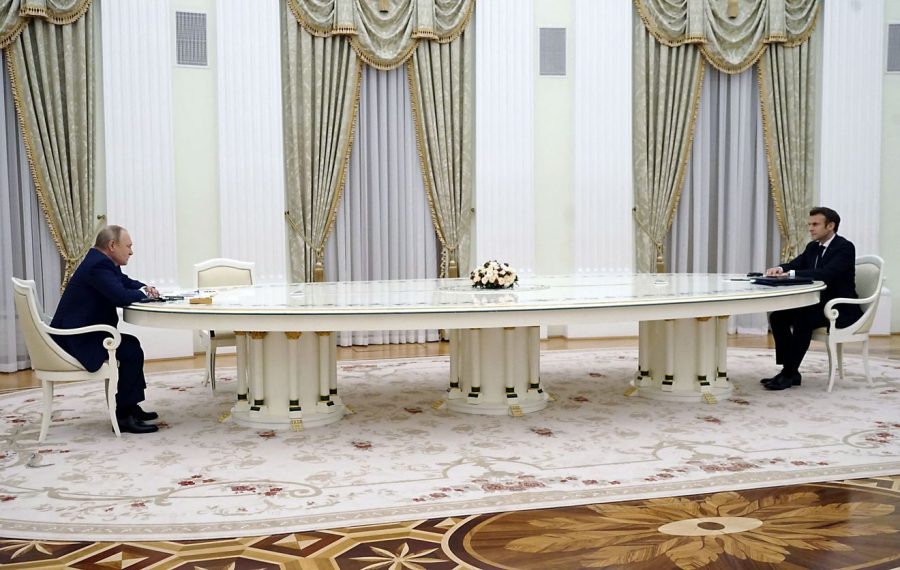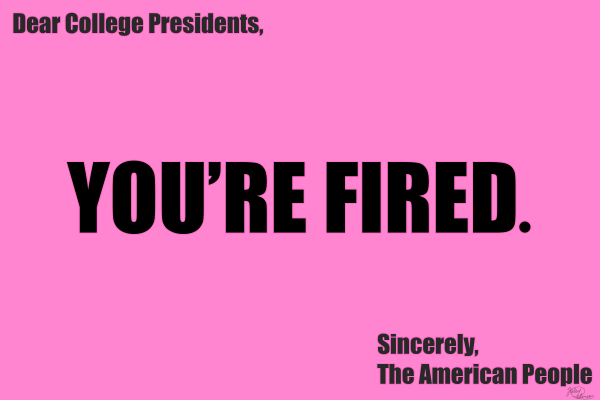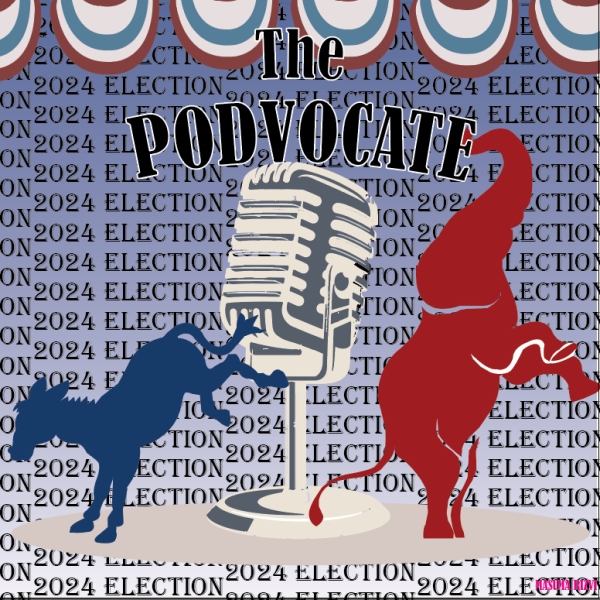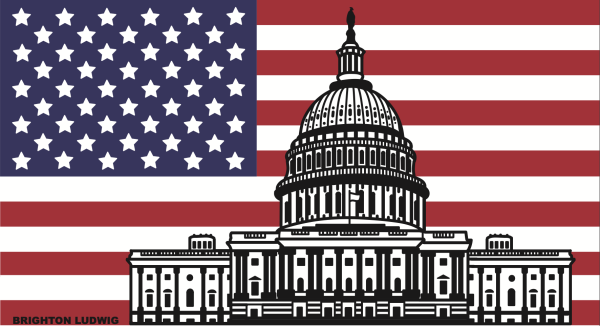Tensions Mount as NATO Rebukes Russian Expansion
Putin and Macron met on February 7
Concerns regarding Russia’s foreign activities have been spotlighted in recent weeks as the country stationed over 100,000 troops on the border of Ukraine. The sudden arrival of troops has signaled President Putin’s desires to expand Russia’s influence into Europe. Although any invasion would be extremely problematic, the United States is particularly concerned about this sudden show of power because, if Russia succeeds, it could signal to other authoritarian governments that they can regain power in former territories that have established democracies, such as China’s continued claim of Taiwan.
The U.S. has responded to the threat of Ukrainian invasion by conducting different talks between representatives. Secretary of State Andrew Blinken and Sergei Lavrov, the foreign minister of Russia, held a series of meetings in the week of January 21. After the meetings, Blinken stated that no major breakthroughs had occurred, but he believes that each side has gained a better “understanding of each other’s concerns and each other’s positions.” Russia has stated that they will remove troops from the border if the United States and NATO agree to a set of terms. The demands, which were sent to the United States in December, state that Ukraine cannot join the NATO alliance and that the U.S. and NATO will not extend their influence further east in Europe.
In response to the escalating situation, the U.S. has said that they will not abide by the extreme demands that Russia has been making. Instead, President Biden has highlighted that sanctions will be placed on Russia by the United States and its allies if Putin does invade Ukraine. The proposed sanctions would impact Russia financially, militarily, and technologically.
The U.S. response in Ukraine will also serve as a symbol of how they will respond to other authoritarian threats in the future. When Russia invaded Ukraine in 2014, which led to the annexation of Crimea, the U.S. did nothing. As Mr. Ovitt, a history teacher at the Albuquerque Academy, said, “[Putin is] testing the will of the West.” The way that the United States responds to the threat of invasion by Russia is symbolic of how the country will respond to authoritarian governments in the future. The situation represents what relations will look like with Russia, but they also serve as an indicator to other countries. For instance, China could benefit substantially depending on what happens in Ukraine.
Although it is unlikely China will become involved with the conflict in Ukraine, China can still benefit from the situation. By putting sanctions on Russia, the United States and its allies are pushing Russia towards China. This has already become evident in the 2022 Beijing Olympics, where Putin and Chinese President Xi Jinping have been holding meetings to further an alliance. The tension between Russia and the United States is pulling America’s attention away from China. As Mr. Buys, another Albuquerque Academy history teacher, stated, “[The United States] is worried about losing influence in Asia…. so this distraction with Russia doesn’t help the U.S. pivot its attention towards China.” In other words, the situation in Ukraine has drawn the United State’s attention away from China, which could lead to a loss of economic and political power in China and East Asia in general.
Overall, the Ukraine situation has become symbolic of what the future will look like in terms of who has power in the world. If Russia succeeds with invading Ukraine, and they don’t experience serious repercussions from the United States and its allies, authoritarian governments will gain power. Countries like China would not be as concerned about the United States preventing them from expanding their influence. Democracy and freedom are being threatened once again. The U.S. will have to decide how much they are willing to risk to protect the freedom of other countries.

Elizabeth has been writing for The Advocate since 7th grade. She enjoys writing news, school and local, and arts and culture articles. Outside of writing,...









